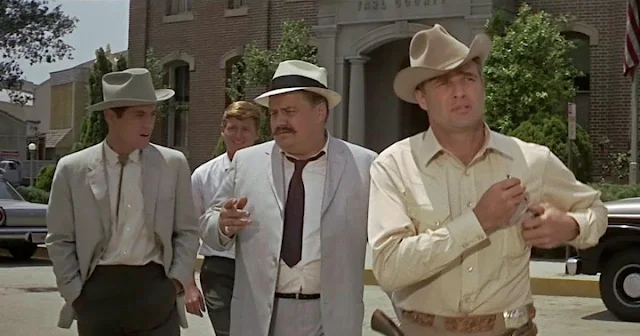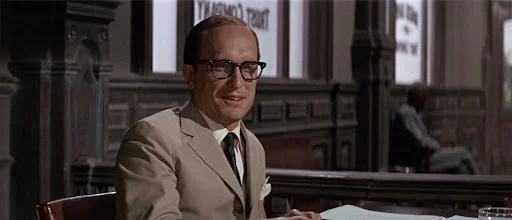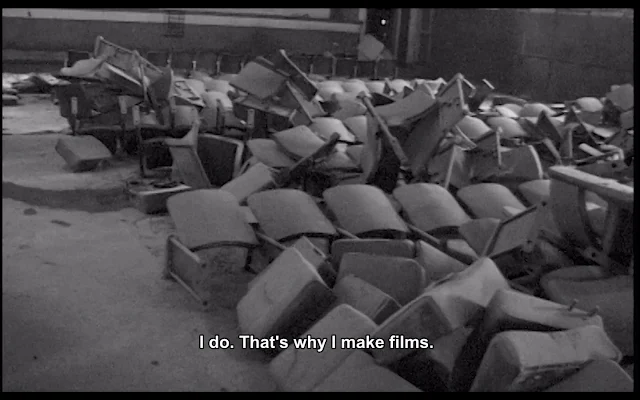A blog formerly known as Bookishness / By Charles Matthews
"Dazzled by so many and such marvelous inventions, the people of Macondo ... became indignant over the living images that the prosperous merchant Bruno Crespi projected in the theater with the lion-head ticket windows, for a character who had died and was buried in one film and for whose misfortune tears had been shed would reappear alive and transformed into an Arab in the next one. The audience, who had paid two cents apiece to share the difficulties of the actors, would not tolerate that outlandish fraud and they broke up the seats. The mayor, at the urging of Bruno Crespi, explained in a proclamation that the cinema was a machine of illusions that did not merit the emotional outbursts of the audience. With that discouraging explanation many ... decided not to return to the movies, considering that they already had too many troubles of their own to weep over the acted-out misfortunes of imaginary beings."--Gabriel García Márquez, One Hundred Years of Solitude
Search This Blog
Saturday, July 27, 2024
Waiting Women (Ingmar Bergman, 1952)
Friday, July 26, 2024
The Chase (Arthur Penn, 1966)
Bad movies are often fun to watch anyway, and most of the people involved with The Chase, including director Arthur Penn, screenwriter Lillian Hellman, and star Marlon Brando, agreed that it was a bad movie. Brando let his opinion show, giving a sluggish performance that validates the old criticism that he mumbled his lines. Hellman had her script taken away and rewritten, and Penn struggled to deal with an ill-conceived project. The chief interest the film generates today is seeing actors like Jane Fonda, Robert Redford, and Robert Duvall on the brink of major stardom. There's a good deal of miscasting, including E.G. Mashall as the boss of a small town that seems to be in Texas or Louisiana. Marshall lacks the ruthless aura that the character needs. Angie Dickinson is wasted as the loving and dutiful wife of the town sheriff played by Brando. And Redford feels out of place in the role of Bubber Reeves, the town bad boy who escapes from prison (it's never quite clear what he did to be sent there) and stirs a manhunt, a lynch mob, and a conflagration in a junkyard. The town itself is a hotbed where everyone sleeps with everyone else's spouse and goes orgiastic on the Saturday night when the news of Bubber's escape breaks. It's a silly and lurid movie, but a little too long to be entertainingly bad.
Thursday, July 25, 2024
Bye Bye Africa (Mahamat-Saleh Haroun, 1999)
Wednesday, July 24, 2024
Medea (Pier Paolo Pasolini, 1969)
Tuesday, July 23, 2024
Bad Lieutenant (Abel Ferrara, 1992)
Monday, July 22, 2024
Blood and Wine (Bob Rafelson, 1996)
It takes great acting to steal a movie from Jack Nicholson. In short, it takes Michael Caine. In Blood and Wine, Caine plays Victor, a sleazy ex-con with a hair trigger and a death-bed cough. It's a more physically violent role than we usually see Caine in, and it's startling to see him erupt, slamming into a hapless victim like Henry (Harold Perrineau), who just happens to get caught up in the movie's plot mechanism. Otherwise, Blood and Wine is mostly a forgettable throwback, informed by movies of the 1940s and 1970s, a neo-noir directed by Bob Rafelson, whose directing career was launched with movies starring Nicholson, like Five Easy Pieces (1970) and The King of Marvin Gardens (1972). It's a bleakly cynical movie with no good guys, except that everyone in it looks a little better in comparison with Caine's Victor.



















































